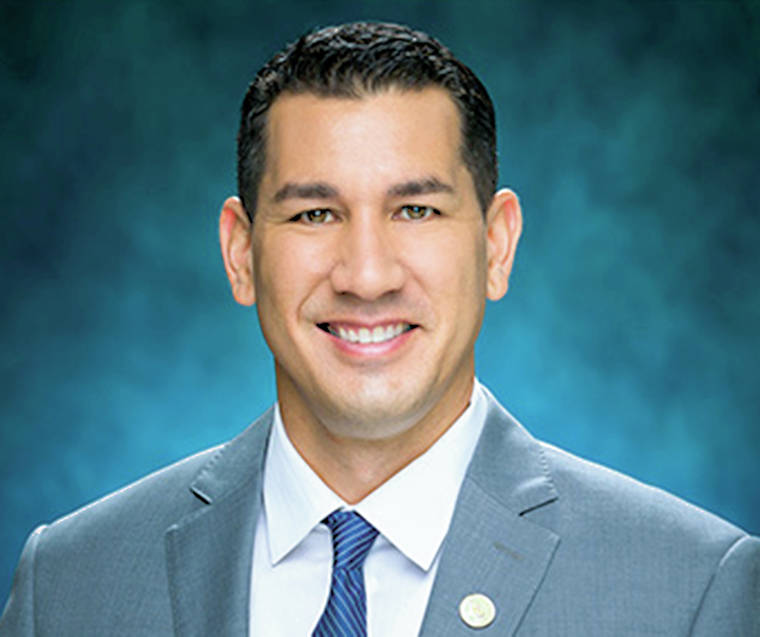A pilot program that awards lease extensions to business owners in Hilo’s Kanoelehua Industrial Area has not yet awarded a single extension as it enters its third year.
The program, brought about by a bill passed in 2018, allows lessees of properties on public lands in the KIA to extend their leases by up to 40 years if they reinvest in renovations to their properties.
Since then, several businesses have applied for lease extensions, but none have yet completed the process.
Jason Fujimoto, president and chief operating officer of HPM Building Supply, in late 2018 said that he hoped HPM would receive its extension by mid-2019. However, on Friday he said that his business is still going through the application process with the Department of Land and Natural Resources.
“It’s going to take a little while,” said Sen. Kai Kahele, who introduced the bill. “For the first few applicants, it’s going to be a learning process, and it’s still new legislation.”
Kahele said the process requires owners to draft an agreement with the DLNR and present to that department’s board a full plan of their intended improvements to the property. Those improvements are required to cost at least 30% of the property’s market value, which much also be determined through a series of appraisals.
According to a report to the Legislature filed in December by DLNR chair Suzanne Case, the Board of Land and Natural Resources authorized the department to negotiate development agreements for two separate leases in mid-2019.
Neither of the lessees — Zen Woodworking and Hilo Fish Company — have been awarded their full extensions. The BLNR reserves the authority to terminate an agreement if a lessee is determined to not be making efforts to make the required improvements, said Rep. Chris Todd, D-Hilo, a longtime proponent of the Hilo redevelopment legislation.
Although the program was precipitated by the impending expiration dates of a large number of industrial leases, Kahele said the majority of leases in the area are still not in immediate danger of expiring.
Many of the leases currently held in the area were awarded after the 1960 tsunami and issued for 55 years, meaning any lease issued in 1965 will expire this year, unless it was awarded a 10-year extension. However, Kahele said most of the leases won’t run out until 2025 or 2026.
“They have a considerable amount of time to get this done,” Kahele said.
Fujimoto said he is unconcerned about the pace of the extension process.
“Yeah, it would’ve been nice to go through it more quickly, but it is what it is,” Fujimoto said. “It’s a new law. They’ve been trying to find the right process.”
Case’s report named some draft bills in 2020 that will attempt to expand the lease extension program to areas on other islands. However, Kahele said he has no intention to introduce bills to alter the program on the Big Island.
“I wouldn’t want to tinker with it,” Kahele said. “I think it’s pretty reasonable as it is. I’m not even sure what we could do to speed it up at all.”
Email Michael Brestovansky at mbrestovansky@hawaiitribune-herald.com.






